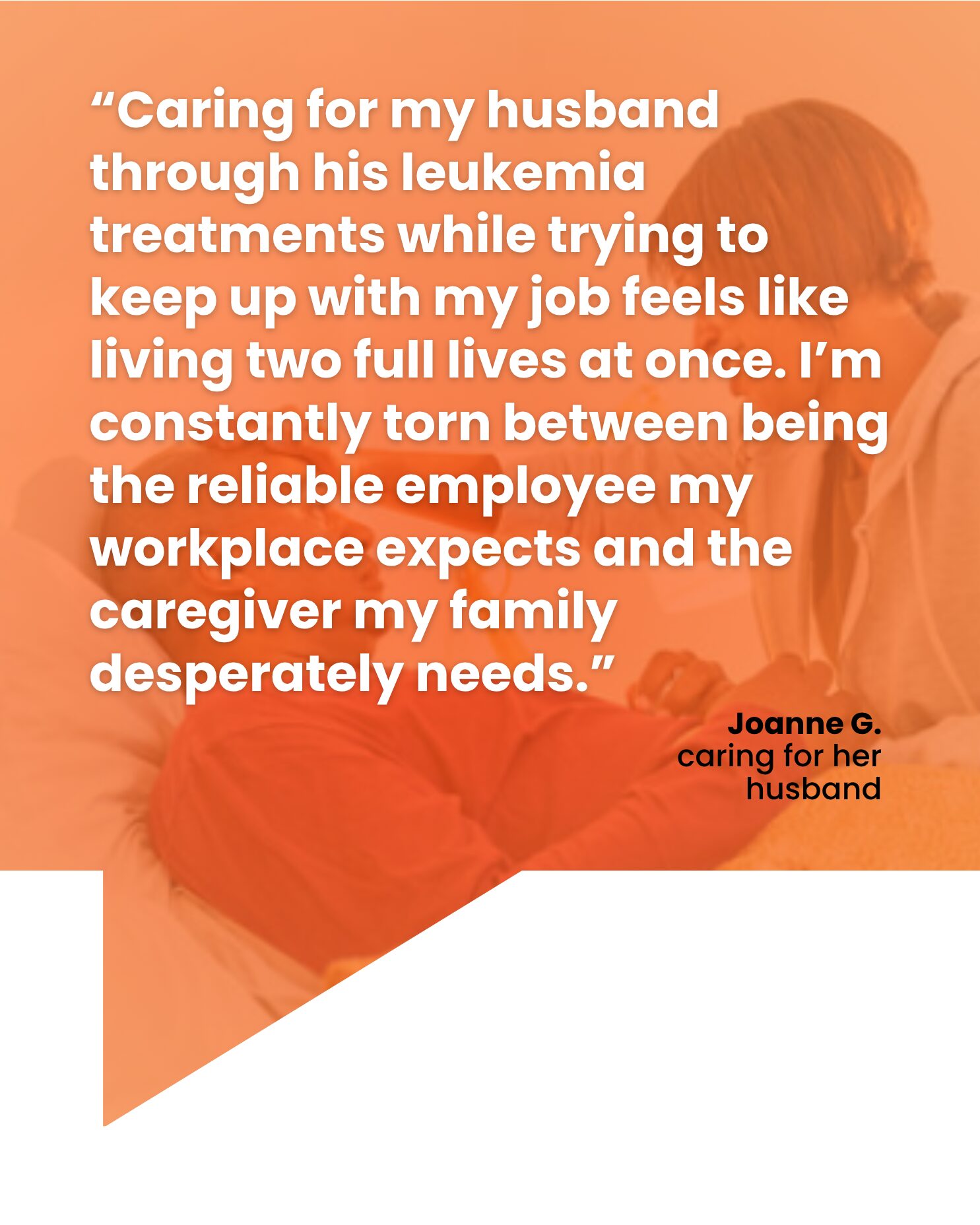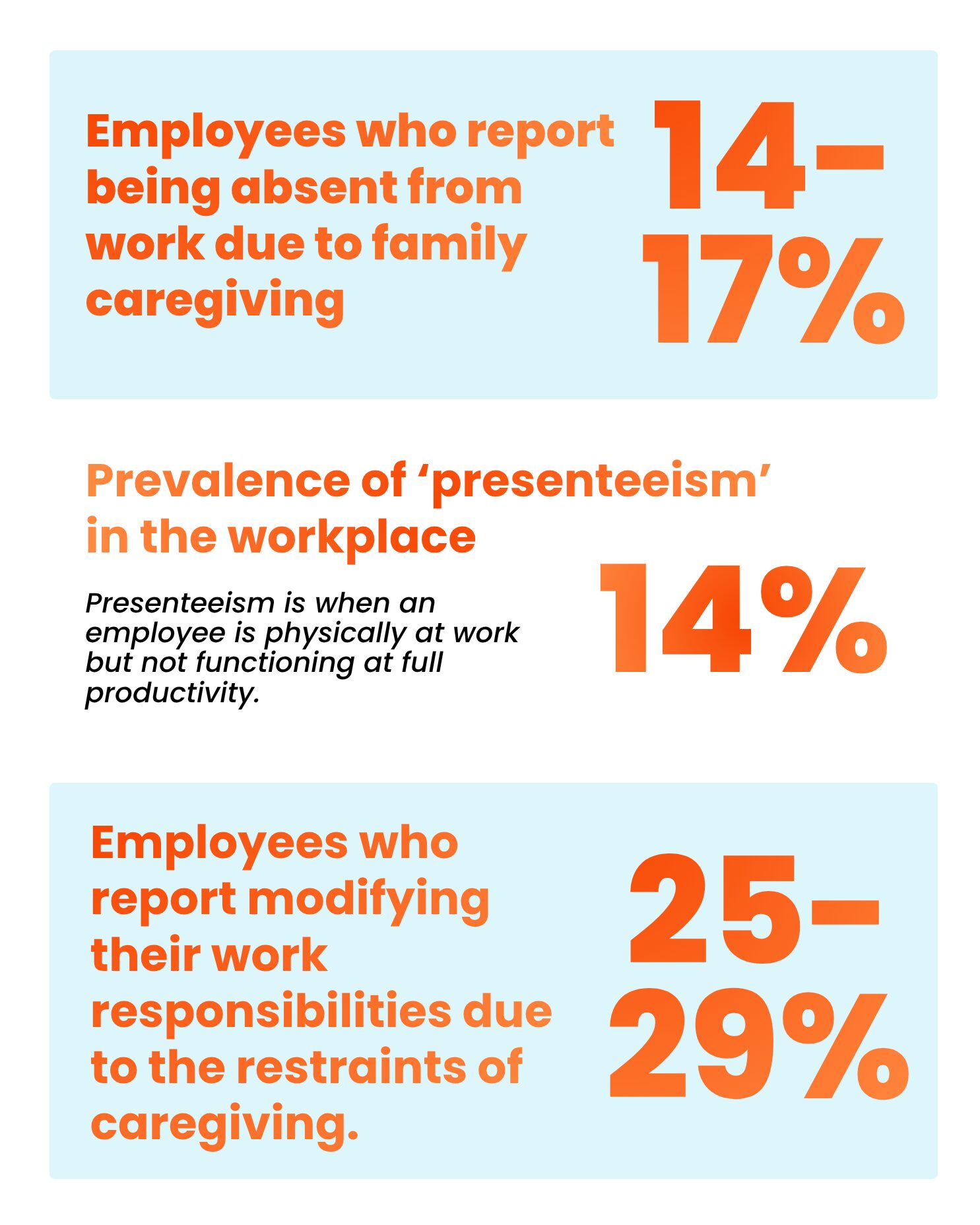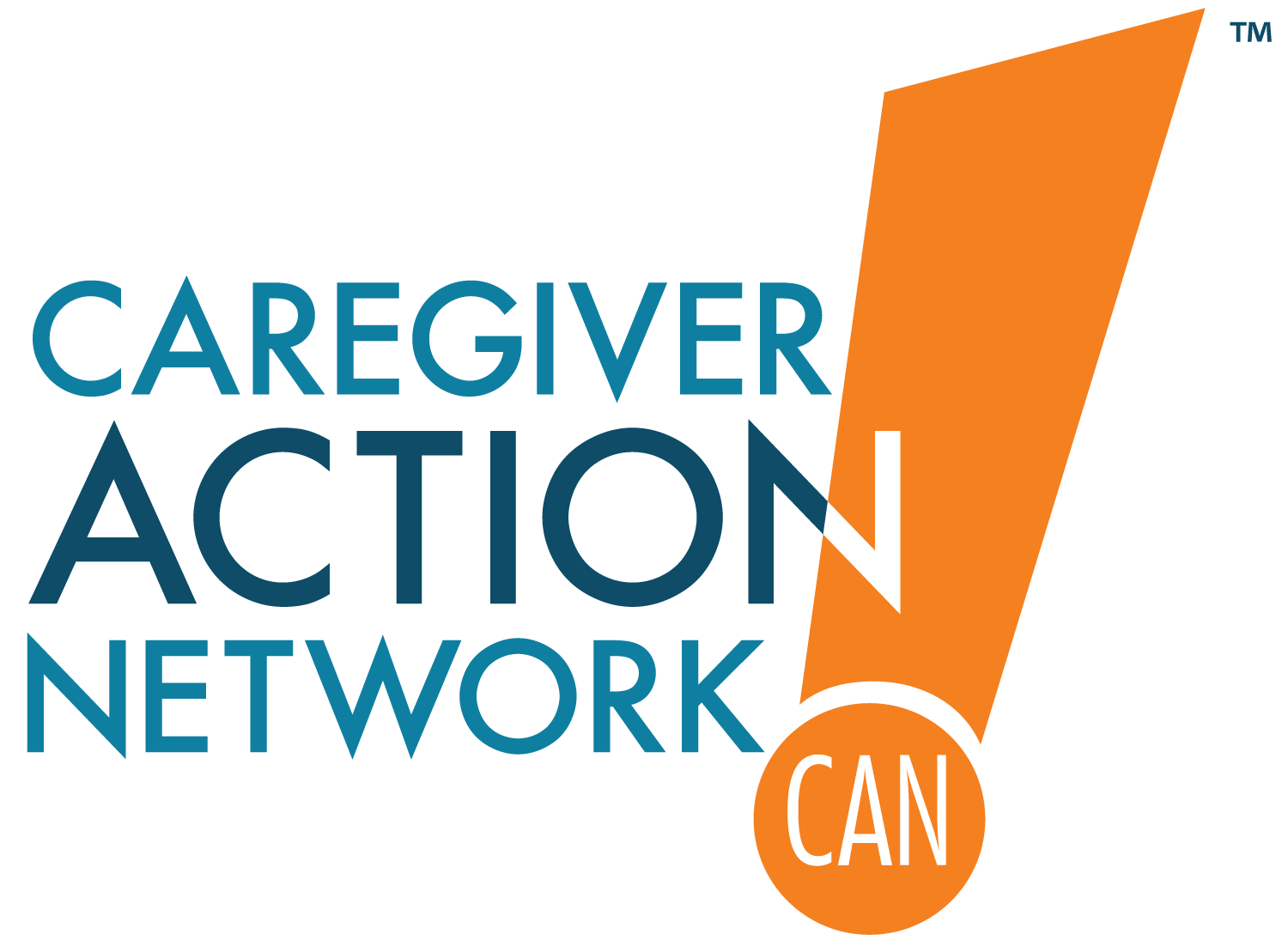The strain of meeting professional obligations while managing caregiving responsibilities can leave you exhausted, stretched thin, and uncertain about how long you can keep both worlds balanced.
It’s a daily act of juggling priorities, often without a clear roadmap, and it can take a deep emotional and physical toll.
Lost Productivity & Career Advancement Concerns
Working cancer caregivers experience significant lost productivity and face serious concerns about career advancement due to competing caregiving duties and work responsibilities. They often must choose between their jobs and their loved one's health, which can lead to negative employment, financial, and mental health outcomes. The emotional toll of caregiving, combined with fatigue and lack of sleep, can reduce a caregiver's focus and productivity at work.
Cuidar de mi marido durante su tratamiento contra la leucemia mientras intento mantener mi trabajo es como vivir dos vidas a la vez. Estoy constantemente dividida entre ser la empleada fiable que mi empresa espera y la cuidadora que mi familia necesita desesperadamente.


Absenteeism & Presenteeism
Cancer caregiving often demands substantial time and emotional energy, often resulting in reduced productivity while at work (presenteeism) and missing work entirely (absenteeism).
Working cancer caregivers experience high rates of absenteeism, with estimates suggesting nearly one in four employed caregivers may experience work productivity loss due to caregiving responsibilities. Studies show that around 14-17% of working caregivers report absenteeism, and an additional 14% experience presenteeism, or reduced productivity while at work, caused by stress, fatigue, and worry.
Work Modifications
It’s reported that 25–29% of employed caregivers make work modifications to satisfy their caregiving responsibilities. These modifications include foregoing promotion or taking a less demanding job, changing from full-time to part-time status, or changing work schedules. More than 28% of caregivers surveyed reported taking extended paid time off from work, unpaid time off, or making changes to their hours, duties, or employment status.
Lost Income & Benefits
Caregivers, particularly those in lower-income households, may need to reduce their work hours, take unpaid leave, or leave their jobs entirely to meet caregiving needs.
Caregivers who quit their jobs may also lose employer-based health insurance, which can be critical when covering treatment costs.
Hear from Beverly B., caregiver for her brother.
Ya es bastante malo recibir el diagnóstico y tener que lidiar con la montaña rusa médica y emocional, pero no piensas en las consecuencias económicas.
